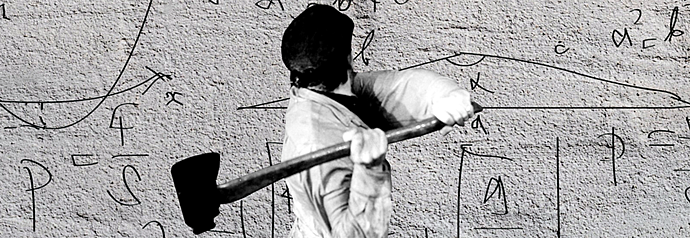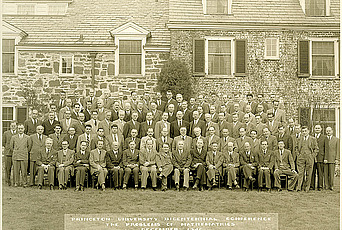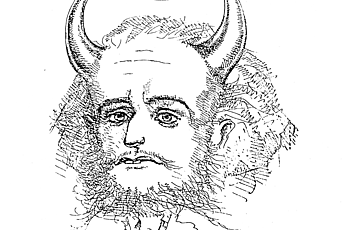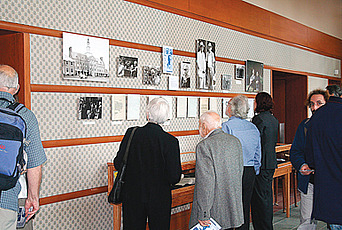
This Man Is About to Blow Up Mathematics
Early on, Harvey Friedman, Visitor (1975) in the School of Mathematics, understood that discovering concrete examples of mathematical incompleteness among already-existing statements would be an arduous task. There’s the continuum hypothesis, the Paris-Harrington theorem, some types of determinacy—but they’re few and far between. So he set out to write his own using a theory he built, called emulation theory. It uses objects from the natural core of mathematics: rational numbers, or fractions of two integers. Rational numbers exist at a very low level of the set-theoretic universe, and mathematicians feel perfectly comfortable with them. But through emulation theory, Friedman revealed a stunning, hidden complexity in them—and a path to the land beyond ZFC (the Zermelo-Fraenkel axioms plus the axiom of choice).
For the past 50 years—more than 100,000 hours, he’s fond of saying—he has searched for a new theory, one that will introduce “natural” ways for incompleteness and large cardinals to become entangled in the everyday workings of finite mathematics.
Now, he believes he’s finally broken through.
Read more at Nautilus.


